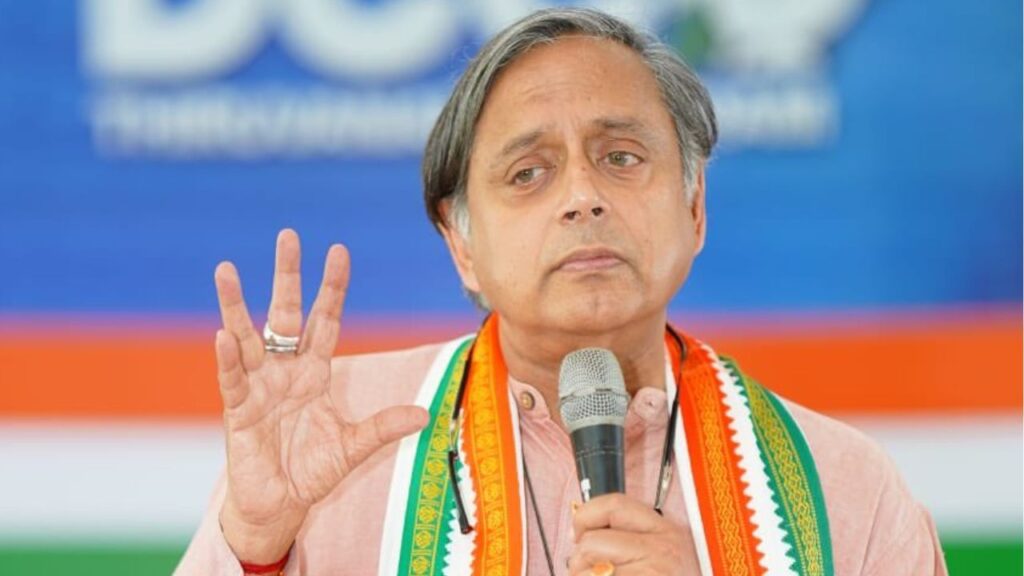Shashi Tharoor Faces Legal Setback Over Controversial Remarks on PM Modi
Senior Congress leader Shashi Tharoor continues to grapple with legal troubles after a Delhi High Court ruling regarding his controversial remarks comparing Prime Minister Narendra Modi to a scorpion on a Shivling. The court has denied Tharoor relief in his plea seeking to dismiss the defamation case filed against him due to his statements. Justice Anoop Kumar Mehra dismissed Tharoor’s request to quash the proceedings and set aside the interim order that had temporarily restrained the trial court’s actions. Both parties have been ordered to appear in the lower court on September 10.
Background of the Case
The defamation case was initiated by BJP leader Rajiv Babbar, who took issue with Tharoor’s remarks made during the Bangalore Literature Festival in November 2018. In his speech, Tharoor cited an unnamed RSS source claiming that PM Modi was like a scorpion sitting on a Shivling — stating that you can’t simply remove or hit it, as attempting to do so would lead to harm, either from the scorpion’s sting or disrespecting the sacred beliefs associated with the Shivling.
Details of the Court Proceedings
| Date | Event | Outcome |
|---|---|---|
| April 27, 2019 | High Court intervention | Temporary stay on trial court summons issued to Tharoor |
| Recent | Hearing on defamation case | Plea for quashing case denied; Both parties to appear in court |
Arguments Presented
During the hearings, Tharoor’s legal team argued that his remarks were merely a quotation referring to a statement previously circulating in the public domain. They asserted that Tharoor did not make any derogatory comments or opinions, but rather referenced a news article. They further contended that Babbar, as a complainant, did not have standing under Section 499 of the IPC, as he had misleadingly concealed the truth of the speech and his complaint was baseless and trivial.
Reactions and Implications
The court’s refusal to dismiss the case highlights the ongoing tensions between political leaders in India, particularly around statements made in public discourse. Tharoor’s comments have sparked significant media attention and public reaction, drawing lines between free speech and potential defamation in the politically charged environment of Indian politics. As the case progresses, it will serve as a crucial test of how political figures navigate the boundaries of commentary and criticism in an increasingly litigious society.
